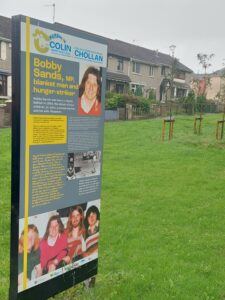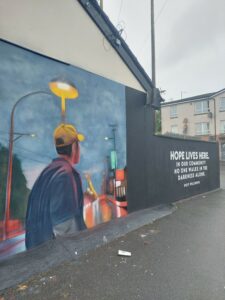As the Just Neighbourhoods? project moves into its final phase, we’re preparing to bring together practitioners, policymakers, and academics a dedicated conversation about what our research has revealed.
Across the past two years, we have been working with neighbourhoods in the UK and Northern Ireland to understand why community-led planning remains unevenly taken up, what supports or hinders involvement, and how communities experience justice, voice and value as they engage with planning systems.
What is becoming increasingly clear is that community-led planning (in its broadest sense) does far more than shape local environments, it exposes the deep relationships between place, power, opportunity, and (in)justice. It shows us what communities strive for, what they struggle against, and what conditions help people feel able to influence the future of their neighbourhoods.
To support reflection on these questions, we’re hosting a small, invite-only policy symposium. This gathering will allow us to:
-
share our findings and tentative conclusions,
-
explore their implications for planning practice and policy,
-
consider what more equitable participation could look like, and
-
connect with others committed to creating fairer, more inclusive neighbourhoods.
Although the event itself has limited capacity, we are keen to ensure that the learning reaches as widely as possible.
Over the coming months, we will be sharing insights, resources, and reflections from the project here on our website.
If you are interested in the themes of the symposium or would like to hear more about our work, please feel free to get in touch:
tessa.lynn@henley.reading.ac.uk



























